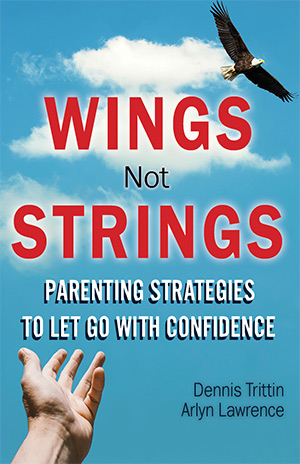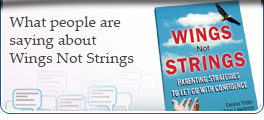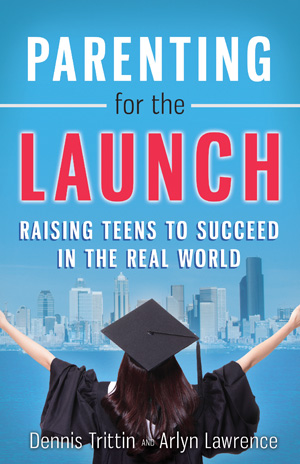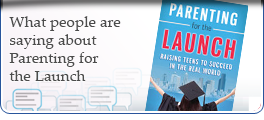Communication Strategies that Empower and Influence Your Teen: Part Three
5/23/2016 7:19:09 PM
If you’re a parent, mentor, teacher, or coach with a teen (or teens) in your life, you’ve likely had some communication hiccups. Let’s face it—teens can be hard to talk to at times and I’m sure I was no different. That’s why we’re sharing our best tips to relate in a way that’s empowering, uplifting, and effective.
If you missed the first two parts of this series, hop over here to read the first installment and here for the second.
Strategy 5: Invite them into your decisions and respect their opinions.
One of life’s special honors is to be asked for our opinion. It makes us feel respected and valued, especially when we’re in a subordinate position. (In fact, it’s one of the top three motivators of a workforce!) So, knowing this, is it any surprise that our teens will appreciate being asked for his help or opinion?
I’ll never forget my indecision when choosing a title for my first book. I developed a new list every day for weeks, but nothing stuck. Then, in a moment of exasperation, I decided to call my son Michael, who was a sophomore in college at the time. I shared my frustration and without a second of thought, he blurted out, “Dad, why don’t you just call it what it is…it’s what I wish I knew at 18.” I knew it was the perfect title from the moment I heard it. Why didn’t I ask him from the beginning?
Because we parents are older and (usually!) wiser than our children, it’s easy for us to fall into the trap of deciding everything ourselves. Yet, our children can offer invaluable perspectives just like Michael did. If we are training future adults, it’s imperative that we treat them that way, and that includes seeking out their opinions whenever we can. It’s an honor for them to be included, and it can legitimately help with our decisions and understanding.
Strategy 6: Remember, how you say it can matter more than what you say.
It’s easy to think that our words are all that matters, but nothing can be further from the truth. Our non-verbal cues can have far greater impact on how we’re received than the actual words we speak.
Our attitude and tone are particularly important in our communications with teens. If we come across as condescending, negative, angry, or irritable, they’ll tune out, shut down, or worse. Repetitive comments, excessive reminders, and above all, nagging, are as counterproductive with them as it is with us. It helps to check our body language, tone, and even attitude before we address an issue—even if it means pausing for a few minutes before we respond. After all, we’re raising future adults and we need to set the example.
Strategy 7: Fully engage and have fun!
One of the greatest relationship destroyers affecting families is busyness and over-commitment.
How we prioritize our time and allocate it to our children is profoundly important—to us and to them. It’s critical that we create the capacity in our busy lives to invest in them. We will never get the chance to “do-over” and get this time back. That’s a life regret to avoid at all costs.
But, just as important is to have fun and take time off of the performance track. During the teen/young adult years, it’s easy to allow our time and conversations to become consumed by their daily tasks. (A good test is to monitor how much of your communication with them is task driven.) Make room for fun and good times and enter their world. It builds relationship capital for now and in the future.
There you have it! We hope these tips have been insightful and that you’ll consider applying them to your current adult/teen relationship. Remember to acknowledge the uniqueness of your child and to tweak your communications to fit his or her personality style.
Have you applied any of the above strategies to your relationship with your teen? How have they helped (or not helped)? What are your personal strategies for getting your teen to open up and maintain an open line of authentic communication?
Tagged as: communication, relationships, family, parenting, conflict management, parenting for the launch, teens



















